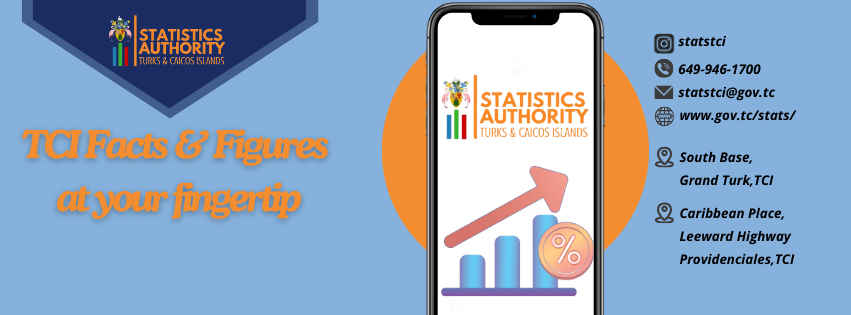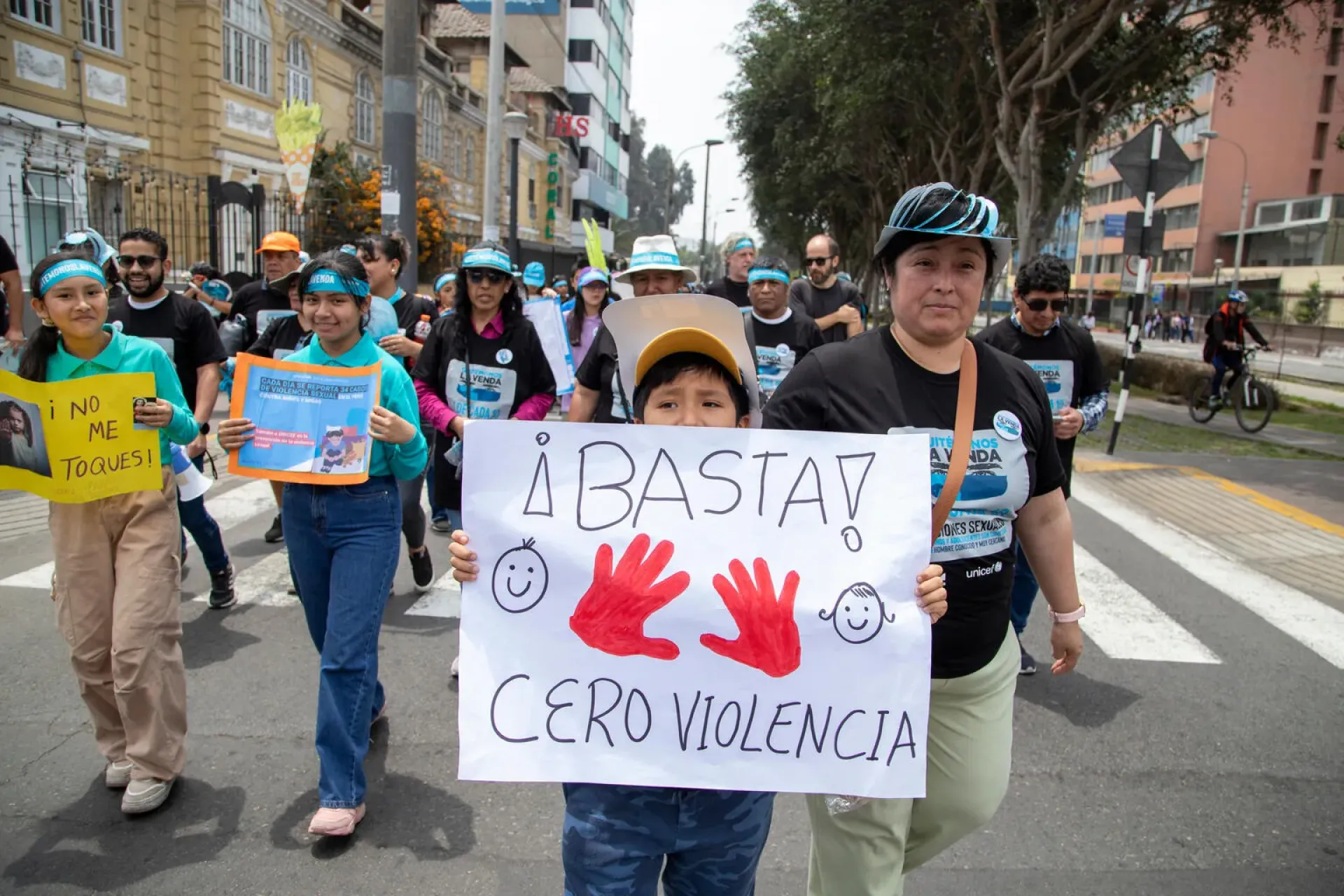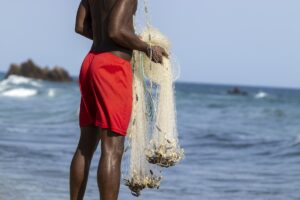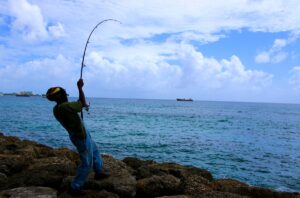Deandrea Hamilton
Editor
Turks and Caicos, February 4, 2025 – There is this tendency, perhaps even an obsession to declare that “crime is not political” yet everything in the way the Turks and Caicos Islands has unsuccessfully managed the surging crime rate suggests just the opposite.
If crime is not political, then why does the National Security Council (NSC) exclude the Opposition party from having a role on its high level body and within its high stakes meetings?
I mean, to have the Opposition party – whomever they are – sitting on the outside screams that it must be political because only the executive government gets to have multiple representatives, (rightfully so) seated at the table. What is the big secret that both political leaders cannot be present and make representative presentations? We want them to do so much more than just sign the cheques!
The Governor of the territory is the boss of national security, not the elected premier. We are often reminded of this when crime and its management runs amuck. The Governor works with the government of the day to establish prevention and response strategies to guard the territory, inside and out. The UK dictates what should happen. The local government funds what it costs to make those things happen. And despite the tens of millions of dollars pumped into anti-crime and anti-smuggling tactics, the country is still saddled by a homicide rate that rivals the worst in the world.
management runs amuck. The Governor works with the government of the day to establish prevention and response strategies to guard the territory, inside and out. The UK dictates what should happen. The local government funds what it costs to make those things happen. And despite the tens of millions of dollars pumped into anti-crime and anti-smuggling tactics, the country is still saddled by a homicide rate that rivals the worst in the world.
There are also far too many illegal migrants; they’re being stopped but they’re also obviously breaching our porous borders more often than not.
With this dynamic relationship clearly and sometimes frustratingly understood, and given the epic failures evident in the inability of leaders to stop the surging homicide numbers year in and year out, it is apparent that it really does not matter how many political representatives there are, so let’s have them both!
From my vantage point, no matter which political party is in office, they are expected to work with, agree with and comply with the crime and border security plan, largely designed by the United Kingdom. Therefore, when the National Security Council was crafted by the UK in an effort to be more inclusive of the TCI’s elected leaders, it should have grafted in, at that top tier table, a seat for the Opposition Leader, who is also an elected member of the whole of government.
Oh, that’s another statement often made as the remedy to the crime crisis in the Turks and Caicos Islands; but when there is no Opposition party at the NSC table, it is not the whole of government.
Based on this reasoning, we earnestly expect the governor to announce that the British have seen the disadvantage and disenfranchisement of excluding the opposition and will expand the Council for the whole of government to be rightly represented.
It is a non-conventional approach. But since the murderers do seem to care who they kill, be they PNP or PDM or child or woman or old man or young man, or tourist; we need a non-conventional response.
We need this considered change. In doing this, the UK truly makes crime an issue that is non-political and non-partisan because win or lose, everyone shares the accolades and everyone shares the blame.
More importantly though, when all political parties are represented at the NSC table, there is a subtle but strong message being sent to the Populous. The UK and its Governor are saying, with both respected leaders sitting at the table, we demonstrate a true appreciation of the wider public and their thoughts on what needs to happen in order to curtail crime. It says we want your hurts, pains, expectations and aspirations for a more peaceful society added to the plethora of ways or incentives we have at our disposal in order to combat crime.
Conversations and discussions will be more robust and enriched. We would certainly find that better ideas are fielded, substantial and substantive input would become a valued resource and prayerfully,we hope, a more commonsense approach to crime abatement and prevention is solidified and then executed; no matter who is in the executive office of government.
Why is the Opposition kept away from this body? The people should be told, post haste, forthwith!
In the absence of any explanation as to why in a Sharlene Cartwright-Robinson led administration, Washington Misick as the then Opposition Leader was not invited in and why in a Washington Misick led administration, Edwin Astwood is locked outside, I am moved to conclude that there is no real reason and including all major political ideologies opens the door to agreement and ultimately, continuity of the commitments.
Together, a bulletproof plan is hatched to tackle the challenges of crime. Together we set an important global, regional standard where despite the political divide, everyone is welcomed at the table, everyone has input, everyone (ultimately and eventually) agrees, everyone signs off and then, everyone is more likely to buy in. That is the true “whole of government” approach. Respect each voter. Invite us in through these two individuals. Hear them communicate our concerns. Create a more inclusive, commonsense plan. Then take our money, which we happily and lavishly hand over and action the initiatives.
How many more years are we going to support this orchestrated division by the UK and its Governor? Pitting one party against the other at the most critical time; yet expecting all parties to support the country’s national security strategy.
So do not say to Voters, crime is not political when no side – PNP or PDM – has made sure both sides are at this important convening. It’s Balderdash!
Just imagine, a maturation of the political landscape so that our political leaders know when to stand apart on an issue and when its time to bind together. How invigorating and beautiful it would be to have elected leaders, standing in solidarity and in the boldness sometimes required in order to represent Voters’ interests to the UK, whether at the table or in the public square.
If a 300% increase in murder can’t cause the Progressive National Party (PNP) and the People’s Democratic Movement (PDM) and the UK to lock hands for the sake of preserving life and tranquility in this fine territory, then what in the hell will?
In the next government, both must be at the head table. Then, and only then are we ALL truly represented.
As a closing thought, I often wonder: ‘How is it a National Security Council when it leaves out the person who democratically represents roughly 50% of the nation?’
Get it together guys; literally!


 News2 days ago
News2 days ago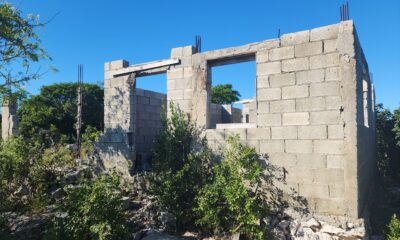
 TCI News1 week ago
TCI News1 week ago
 TCI News5 days ago
TCI News5 days ago


